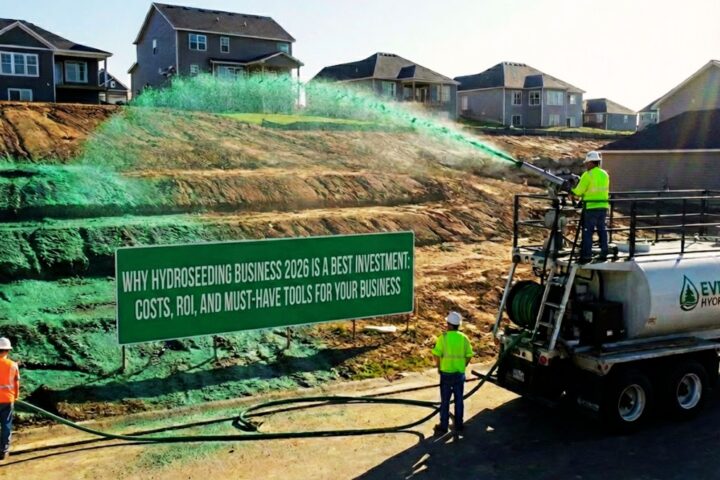A job title exists to give an immediate understanding of what a person does at work. But job titles can become obsolete when a job changes or technology evolves. Some companies have responded by creating fanciful titles that are more obtuse and non-descriptive than the old ones. Consider outdated or inflated job titles and ways to fix them.
Why Job Titles Exist and The Damage They Can Do
In addition to defining what a person does at work, businesses (and their HR departments) have used job titles to create a hierarchy. Titles map career advancement paths, increased responsibility, and organizational coherence.
But when employers use job titles as a reward in lieu of genuine compensation or benefits, receptionists become “Directors of First Impressions.” Similarly, outdated job titles fail to recognize how a role and the person in it have evolved.
Job titles can create boundaries and a kind of “sorry, not my problem” mentality when what employers and employees need is interdepartmental cooperation. They can also limit an employee’s opportunities to learn new skills and put blinders on a company’s ability to recognize ways to become more efficient or expand.
Inflated Job Titles Are Confusing
“Who you gonna call?” Good question. When a customer, client, or potential business partner must wade through titles such as “Happiness Hero” or “Brand Ninja” to find a customer service representative or marketing associate, they might just give up before they start.
Inflated job titles also risk setting up the person awarded it for failure. When employers give an employee an inflated title as a retention tool, it can backfire on both the company and the employee. The temptation to use an inflated title as resume decoration to leap to a higher-paying job elsewhere can be irresistible. But those who succumb may find themselves unprepared for a job that requires them to live up to their title with experience they don’t have.
Outdated or inflated job titles do a disservice to inexperienced and talented workers who do more than their title reflects.
Titles Have Implications for Hiring
If applicants can’t discern what the job actually entails from the title, you’re going to get a lot of unqualified applicants. When hiring for an entry-level job, don’t inflate expectations with an executive-sounding title. And while a sandwich maker may have artistic culinary skills, they aren’t likely to have a degree in engineering, so don’t use the word “engineer” in a job title unless that’s what you want.
What To Do
Use descriptive job titles that indicate what the job is and its level of responsibility. The practice of awarding inflated job titles instead of real advances in pay and responsibility is waning. However, as the labor market pendulum swings back toward employers, the legacy of inflated titles can make assessing candidates difficult. Realistic job titles may shrink an applicant pool. However, you want candidates who understand and actually want the job you’re offering rather than applicants with unrealistic ideas of responsibilities and compensation.
Professional executive recruiters can distinguish qualified CIO candidates from, say, help-desk technicians who’ve been granted or awarded themselves inflated titles that imply they know more than they do. When the stakes are high, and you need genuine leadership, the expense of hiring an outside professional recruiting firm may save money and headaches in the long run.









